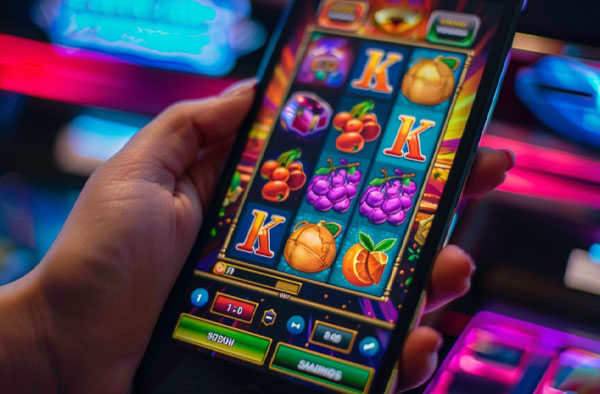Online gaming has revolutionized the way we play, connect, and even socialize. From its humble beginnings to the immersive virtual worlds of today, the world of online gaming has become a multibillion-dollar industry that continues to grow, influencing culture and technology in ways few could have imagined just a few decades ago KOIN 555.
The Rise of Online Gaming
Online gaming began in the late 1980s and early 1990s, with the first multiplayer games allowing players to compete against one another over dial-up connections. One of the first major milestones was Habitat (1986), a virtual world where players interacted in a shared space. This early form of multiplayer gaming set the foundation for what was to come.
As internet access became more widespread in the late ’90s, online gaming rapidly evolved. The advent of faster broadband connections in the early 2000s allowed more people to participate in real-time multiplayer games. Games like EverQuest, World of Warcraft, and Counter-Strike gained massive popularity during this era, ushering in a new age of gaming. Players could now join virtual worlds or battle against others from around the globe, creating a new level of competition and collaboration.
The Growth of Online Communities
One of the most notable aspects of online gaming is the development of communities. Unlike traditional gaming, where players might only interact with those in their immediate vicinity, online games allow people from different countries, cultures, and backgrounds to come together. Games such as Fortnite, Minecraft, and League of Legends are more than just games; they are social platforms where players form friendships, collaborate on projects, and participate in events.
The rise of streaming platforms like Twitch and YouTube has further expanded the scope of these communities, where players can watch others compete, share tips, and discuss game mechanics. These platforms have created celebrities out of gamers, leading to the rise of eSports—professional gaming leagues where players compete in tournaments for huge cash prizes. What started as a niche hobby has now turned into a global phenomenon.
The Impact of Technology on Gaming
Technological advancements have played a critical role in shaping the future of online gaming. Virtual reality (VR) and augmented reality (AR) have added layers of immersion, allowing players to experience worlds in ways previously thought impossible. Games like Beat Saber (VR) and Pokémon Go (AR) show how these technologies have transformed the gaming experience, offering interactive environments that blend the digital and physical worlds.
Cloud gaming is another technology that promises to reshape the landscape of online gaming. With services like Google Stadia, Microsoft’s Xbox Cloud Gaming, and NVIDIA GeForce Now, players can stream high-quality games on devices that previously wouldn’t have been able to handle such power. The need for expensive gaming hardware is minimized, democratizing access to high-end games for people around the world.
Economic and Cultural Influence
The financial impact of online gaming cannot be overstated. The global video game industry is now worth over $200 billion, outpacing the film and music industries combined. Online games have driven the success of subscription models, microtransactions, and downloadable content (DLC). Free-to-play games like Fortnite and Apex Legends generate billions in revenue through in-game purchases, demonstrating that a game’s value can extend far beyond the initial price tag.
Moreover, online gaming has made significant cultural contributions. It has created a shared language, a virtual space for self-expression, and a platform for competitive entertainment. Iconic games like World of Warcraft and League of Legends have spawned their own vernacular, rituals, and even professional training. The lines between gaming and traditional sports have blurred, with gaming tournaments drawing crowds comparable to major athletic events. The success of the Fortnite World Cup and League of Legends Championship series attests to gaming’s position as a cultural mainstay.
The Dark Side of Online Gaming
Despite its widespread popularity, online gaming also has its challenges. The rise of online toxicity and harassment has been a major issue, particularly in multiplayer games where anonymity fosters negative behavior. Developers have taken steps to address these issues, but there is still much to be done in terms of creating more inclusive and respectful online spaces.
Additionally, the addictive nature of certain online games has led to concerns about gaming disorders. While gaming itself is not inherently harmful, excessive gameplay can lead to physical and mental health issues, especially when it interferes with school, work, and social relationships. It is important for both players and parents to strike a balance when it comes to screen time.
